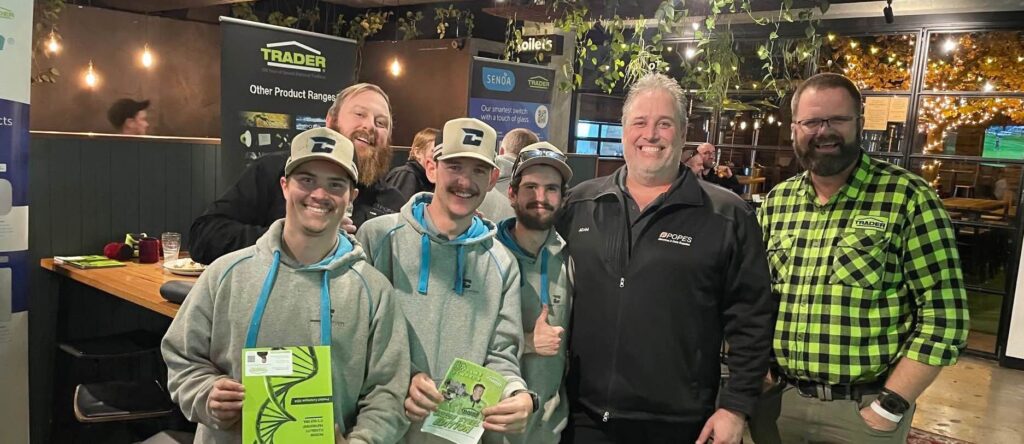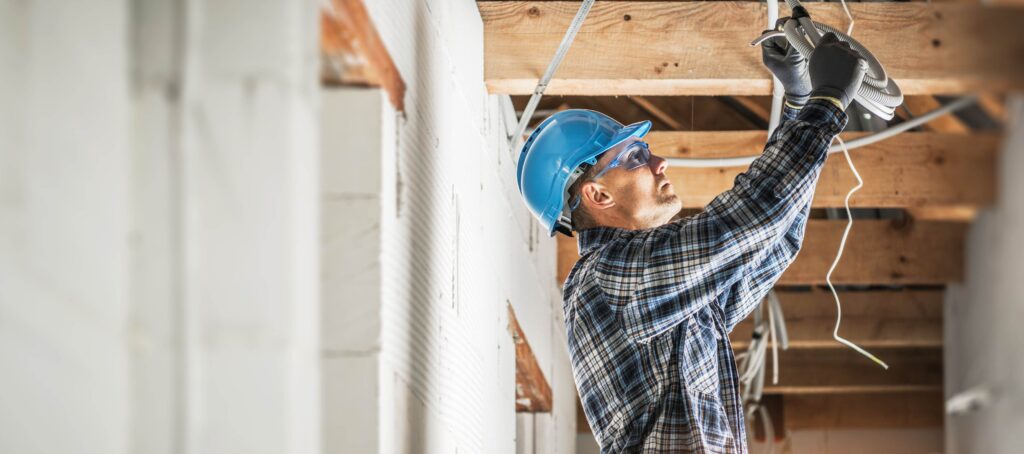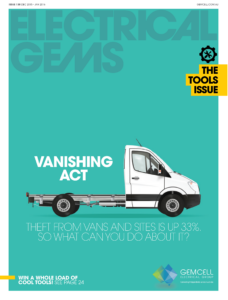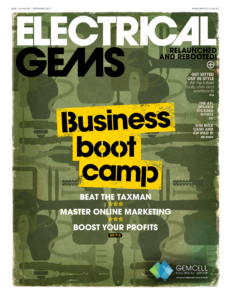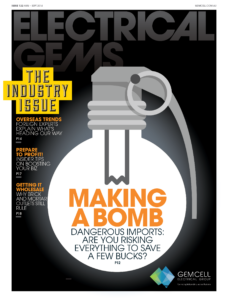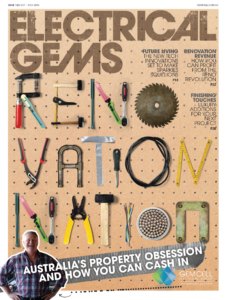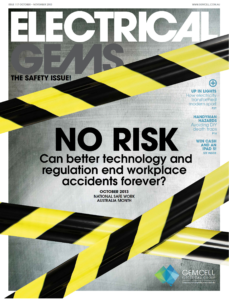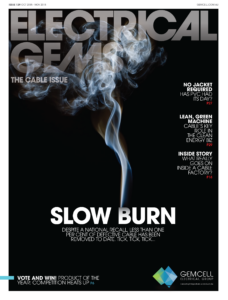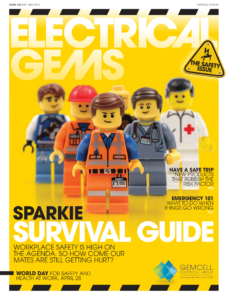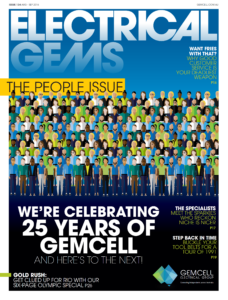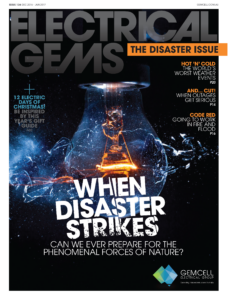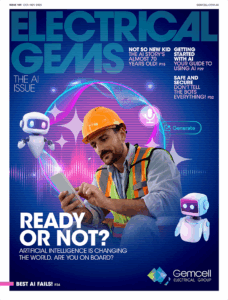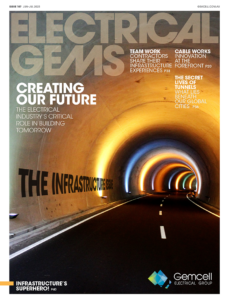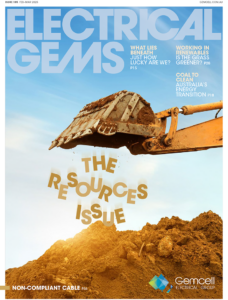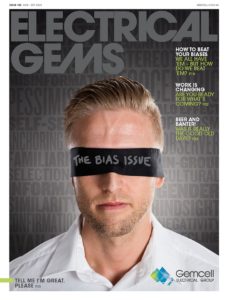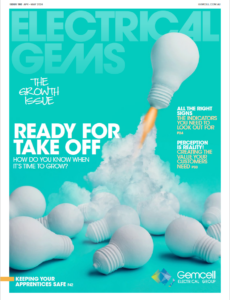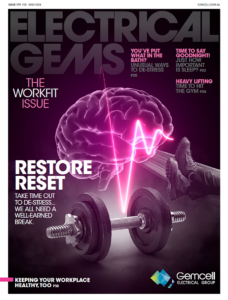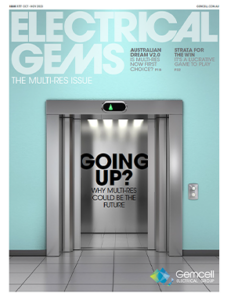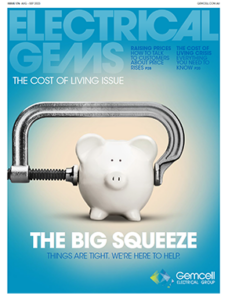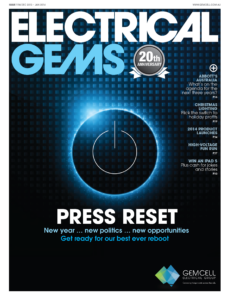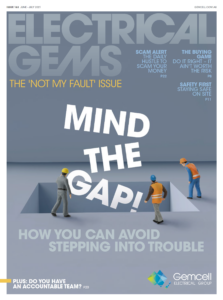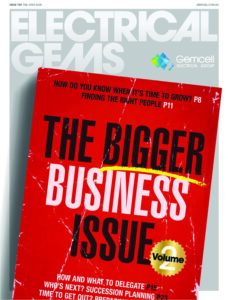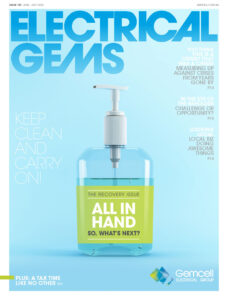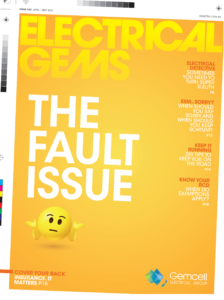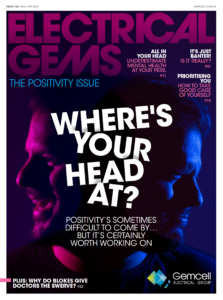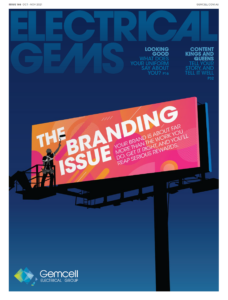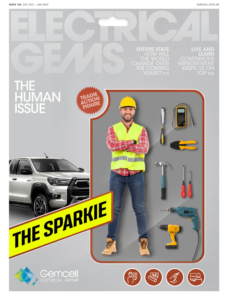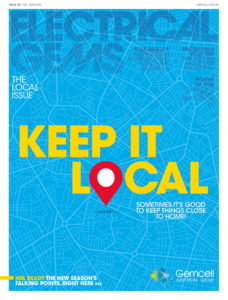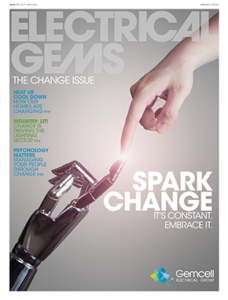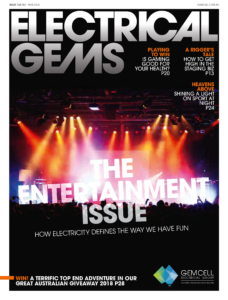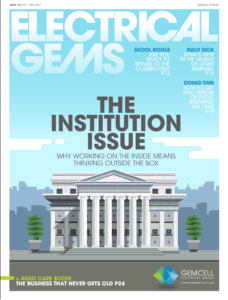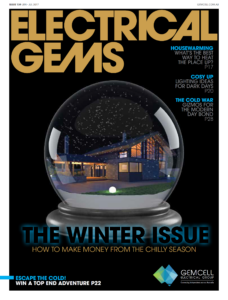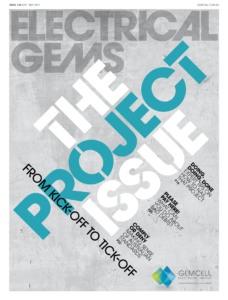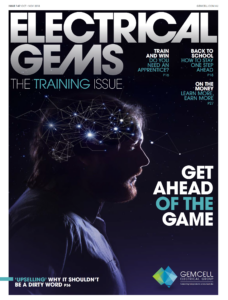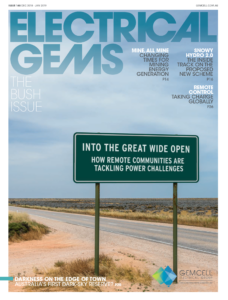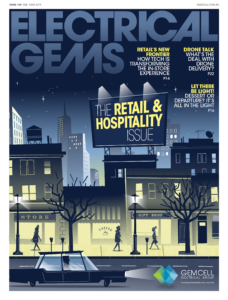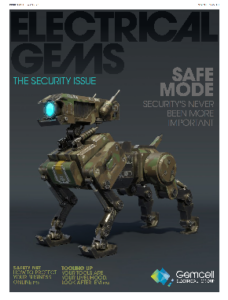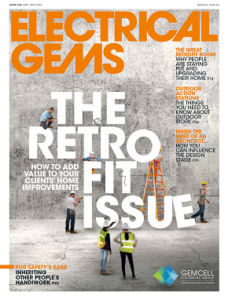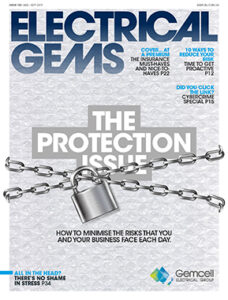Creating a strong mental health workplace
As a contractor, it’s likely you’ve got people working for you. So, what can you put into place at work to help your team manage their mental health and create a workplace where employees feel emotionally safe, appreciated and committed to the job?
Mental health in the workplace. It’s not a fad. It’s something you need to be right on top of.
As a contractor, it can be difficult to find the time to invest in things that aren’t urgent. There’s always a job that needs to be done, a crisis to avert, or some books that need balancing.
But identifying – and investing time into – the ‘important’ as well as the ‘urgent’ is what can make all the difference for a business. And when it comes to mental health in your workplace, it’s vital to tackle it when it is ‘important’. Do not leave it until it becomes urgent – because then you’ve got a whole load of other things to figure out.
Just how important is it to be proactive about mental health in your business? Very, it turns out.
Renee Eyre, General Manager of HR business Now Actually, says, “Mental health directly impacts productivity, engagement, team dynamics and retention.
“When your team is mentally well, they show up better, more focused, more cooperative, and more committed. It’s not just about reducing sick days – although that’s a real benefit too – it’s about creating an environment where people can do their best work.”
Mental health – it’s just a fad, right?
Of course, you’ll get a few people in the industry – and maybe a few of you reading this right now – thinking, ‘Meh, mental health. Just people looking for some time off. This generation’s soft. No one had mental health problems when I was an apprentice.’
Joanna Fishman Auerbach, Director of Corporate Training at Associated Employee Assistance Providers, says, “Mental health might not have been on the radar 20-30 years ago, but that doesn’t mean it wasn’t there. We just didn’t talk about it. These days, we’re finally realising how much it affects performance, safety, and team culture – and the tools to manage it are much better.”
Emily Johnson, Principal Psychologist and Co-founder at Get Mentally Fit, says, “Calling mental health a fad these days is like saying safety standards for electricians are just a passing trend – when in fact, they’ve become stricter, more serious, and legally enforced.
Twenty or thirty years ago, we didn’t have the same understanding or regulations around workplace mental health. But just like we’ve seen in the electrical trade, where things like RCDs, lockout/tagout procedures, and PPE have become mandatory, workplaces now have legal obligations to protect the psychosocial safety of their people.
“This isn’t about optional extras anymore. Psychosocial hazards – like burnout, bullying, or job demand – can cause real harm, just like exposed wires can. And just as an employer wouldn’t ignore physical safety risks on a job site, they can no longer afford to overlook mental health risks either.”
And that’s a great point, because legally – and morally – employers have obligations to their employees.
Joanna says, “Legally, every employer has a duty to provide a psychologically safe workplace. That means managing things like workload, bullying, and conflict. Morally? If someone’s working for you, you owe it to them to care how they’re going. It’s good leadership and just the right thing to do.”
Practical tips to help build a mentally healthy workplace
You need to be proactive about mental health in the workplace, but that doesn’t mean it needs to become an all-encompassing task. Start small, and build some strong supports into the everyday goings-on of your business.
Joanna says culture comes from the top. “If you value mental health, your team will too. Talk about it, take it seriously, and make sure people know where they can get help, like an EAP [employee assistance program], which gives them access to professional support.”
Emily agrees, and says it doesn’t have to be complex.
“It’s about building in accepted safeguards, just like you would with electrical work. You wouldn’t run a circuit without grounding it. The same goes for your people.
“Build psychological safety – don’t let toxic behaviour go unchecked. Foster an environment where people feel safe to speak up, ask questions, and admit mistakes without fear. Model healthy habits, invest in training and be proactive about risk – don’t wait for burnout to trip the switch. Identify common psychosocial hazards such as unclear roles, excessive work demands, or poor support – and address them early.”
Insights from the field
For Jason Rowe, owner of Hello Electrical in Sydney, his team’s mental health is hugely important.
“We’ve discovered that maintaining the motivation, engagement, and productivity of our team depends on addressing mental wellness,” he says.
“Everything from interpersonal interactions at work to professional performance is impacted by mental health. Neglecting an employee’s mental health can result in absenteeism, reduced productivity, and burnout.”
At Hello Electrical, Jason schedules weekly check-ins with staff members to find out how they’re feeling and whether there is anything that could help them in their daily work.
“Listening and providing flexibility – whether that means allowing occasional remote work or ensuring that breaks are taken – makes a big difference,” he says.
“We also give people who require more specialised support access to resources such as EAPs. Over time, the little things that you do add up.”
Mental health first aid
We’re all familiar with first-aid training for physical injuries, and mental health first aid (MHFA) takes a similar approach – training people to help manage mental health crises until professional help arrives. As trained MHFAiders, participants are given the skills to listen, connect and offer support when people need it. Find out how you can get involved by visiting mhfa.com.au.
Activities for RUOK? Day
Thursday 11 September 2025
While it’s a year-round question to ask, the annual RUOK? Day takes place on the second Thursday of September, and is a great opportunity to kickstart some mental health activities in your workplace.
The RUOK? website has a whole host of fantastic free resources for workplaces, including posters, guides, videos, social media tiles and conversation starters.
Check out ruok.org.au/tradies and get started!



